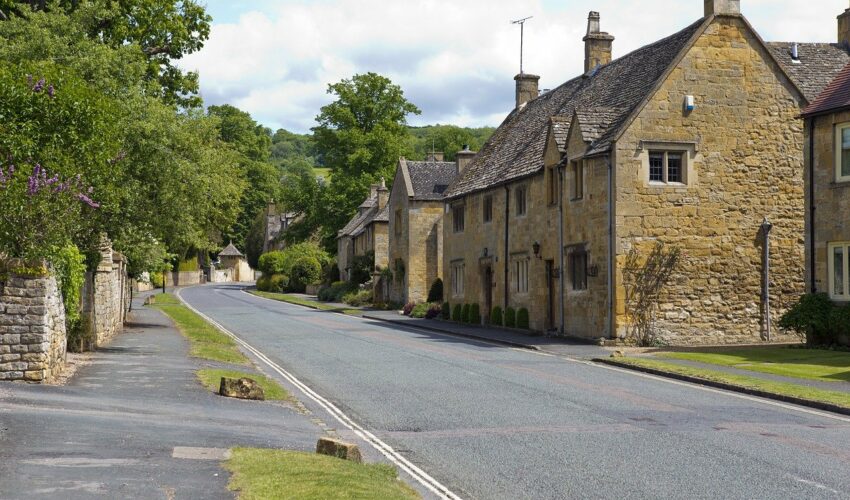When a parent or parents die leaving behind a family home, there is often more to deal with than the financial aspect of the property. This may well be your family home with memories and emotions attached to it. Sometimes adult children will live in the house to care for ageing parents and unfortunately upon the passing of the parents, problems can arise. In this article, brother living in deceased parents house UK (how to remove sibling), we take a look at the options open to you if you find yourself in this position.
Free Initial Telephone Discussion
For a free initial discussion on how we can help you deal with an estate, get in touch with us today. We will review your situation and discuss the options open to you in a clear and approachable manner. Early expert legal assistance can help ensure you understand your rights with regards to the lack of a Will and also avoid the stress of dealing with these issues on your own. Simply call us on 0345 901 0445 or complete our online enquiry form and a member of the team will get back to you.
What are the available options?
The simplest solution is to ask your brother to leave, put the house on the market and divide the sales proceeds between all relevant parties. If he refuses, there are alternatives.
Your brother may be interested in purchasing the property outright. This would allow your brother to remain in the house whilst providing a cash amount for the rest of the siblings.
Is it possible to force your brother out of the property? If you fail to reach an agreement and your brother refuses to leave the property, it is likely that this will end in the executors having to take court action. The court generally will grant an order for sale where one legal owner wants to force the sale under the Trusts of Land and Appointment of Trustees Act 1996, but if there are children under the age of 18 living in the property this is not automatic, as the court has to consider what will happen to the children. Essentially, your brother cannot be forced to move out unless the estate has obtained a court order to evict him.
Could your brother sue the estate? It is possible that your brother might look to sue the estate on the basis that reasonable provision was not made for him. This falls under Provisions for Family and dependants Act 1975. Any claim must be made within six months of the grant of probate and if this time has elapsed, the permission of the court is required in order for your brother to bring a claim.
If your brother is married, his wife may also have a potential claim as a dependent, and his children may well be able to pursue a claim against the estate for reasonable provision in the circumstances if the court can be persuaded to grant them leave to apply out of time.
Was there a verbal agreement at any point with your brother allowing him to stay in the house? If this is the case this could lead to him raising the defence of ‘estoppel’, which means you and your siblings are prevented from going back on your word. The court would then only grant an order to sell the house consistent with the promises given to him and may not grant an order for sale at all. If he has paid anything towards a mortgage or carried out improvements that have increased the value of the house then he would be entitled to an enhanced share of the proceeds of sale to reflect any increase in value. In addition, if you and your other siblings shared out the rest of the estate without him, that would have to be taken into account.
The reality of this situation is that it is littered with potential pitfalls. If you are the executor of the Will, you are under a duty to act impartially, which means you must do what is in the best interest of all the parties. Try and reach an amicable solution to the problem as the prospect of litigation shouldn’t be taken lightly. It can prove to be expensive and there is a very real possibility that rifts will occur with your brother.
How we can help
We have a proven track-record of helping clients draft their wills and advise upon estates governed by the rules of intestacy. This includes relatively straightforward estates and also complex estates where assets are held all over the world. We will guide you through all the necessary legal due diligence in a comprehensive and timely manner. We firmly believe that with the right solicitors by your side, the entire process will seem more manageable and far less daunting.
How to Contact our Wills and Probate Solicitors
It is important for you to be well informed about the issues and possible implications of writing your Will or if you find yourself involved in an estate left without a Will. However, expert legal support is crucial in terms of ensuring your final wishes are met as you would want them to be or in guiding you along the path of intestacy.
To speak to our Wills and Probate solicitors today, simply call us on 0345 901 0445 or allow a member of the team to get back to you by filling in our online enquiry form. We are well known across the country and can assist wherever you are based. We also have offices based in Cheshire and London.
Disclaimer: This article provides general information only and does not constitute legal advice on any individual circumstances.




Leave a Reply
You must be logged in to post a comment.